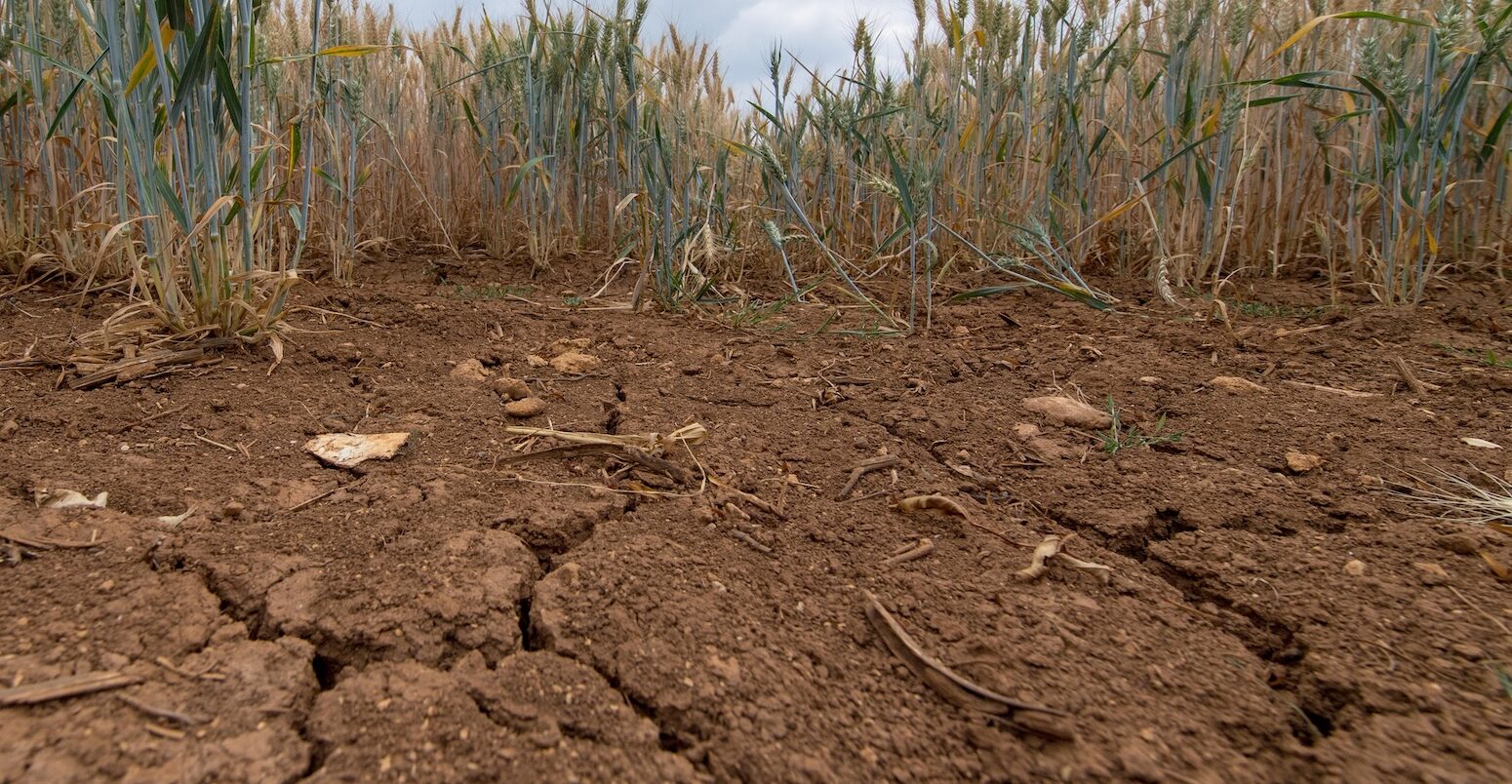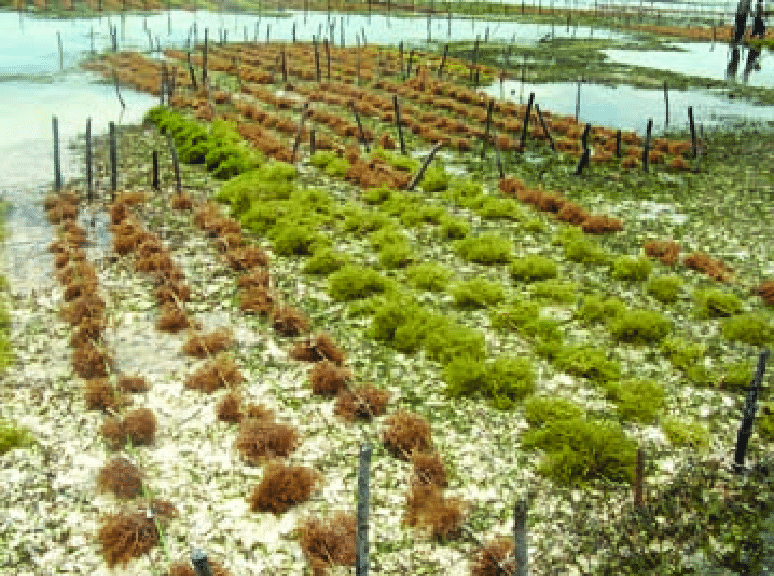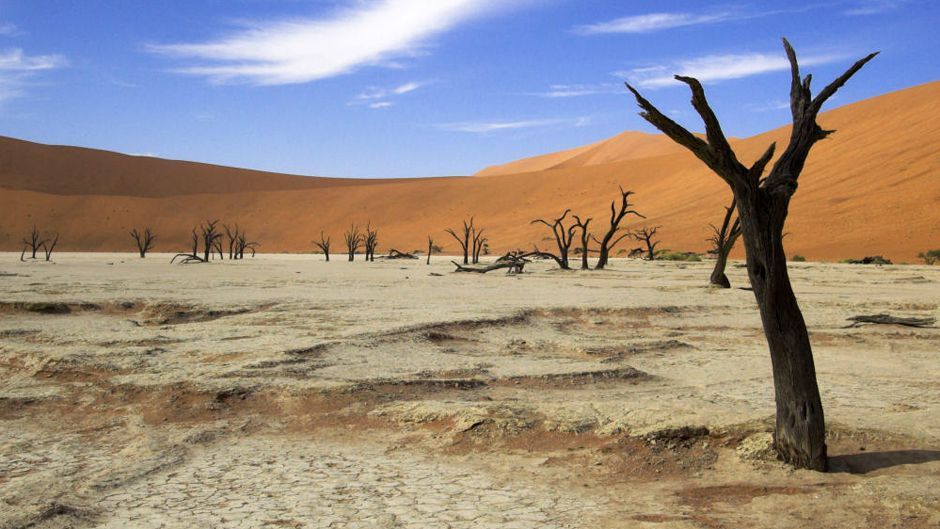“This is a very practical and granular project that tackles issues of security, vulnerability, food security, and restoration of the degraded environment.” Dr Akinwumi A. Adesina
The African Development Bank Group’s Board of Directors has approved a $50 million loan for the Yobe State Environmental and Climate Change Action Project (ECCAP). This initiative aims to bolster climate change resilience, enhance food security, and uplift livelihoods for over 3.5 million people in northeast Nigeria.
With a total estimated cost of $101.34 million, the project will receive funding from various sources. Alongside the African Development Bank’s $50 million loan, the Arab Bank for Economic Development in Africa (BADEA) is expected to provide $30 million in co-financing. Additionally, the Yobe State Government will contribute $4.52 million in counterpart funding, while project beneficiaries are expected to contribute $16.82 million.
In decades past, protracted inter-communal conflicts, especially between herder and farming communities, and armed insurgencies have aggravated the already fragile environmental situation in Yobe, plunging it into rapid economic decline. With 72% of its population living below the poverty line, Yobe is ranked as the state in Nigeria that is most vulnerable to climate change.
ECCAP will support the federal and state governments in their efforts to respond to the challenges of droughts and desertification, empower women by supplying small ruminants and providing cooking stoves to develop micro, small and medium-size enterprises, among other interventions. The project will also support the preparation of Yobe State’s Gender Policy.
The implementation of a Payment for Ecosystem Services (PES) scheme will incentivize the population to maintain 2 million regenerated trees on farms and support payments for labour and related services to plant and maintain 20 million drought-resistant trees. This project complements the Bank’s and other Development Partners’ on-going and planned projects to address climate change and promote livelihood improvements in Yobe State.
Speaking during the Board of Directors’ approval of the project, African Development Bank Group President, Dr. Akinwumi Adesina, said the project will help tackle general insecurity, climate vulnerability, food insecurity and build resilient livelihoods. “This is a very practical and granular project that tackles the issues of insecurity, more generally vulnerability, but also food security, and restoration of the degraded environment. It is all about how we build resilient livelihoods. This is a project that shows how we can do that in an integrated way.”
Director General of the Bank’s Nigeria Country Department, Lamin Barrow, said, “With the key interventions in afforestation and reforestation contributing to carbon sequestration, this green project will help reduce vulnerability to climate shocks, build the resilience of the target population and boost Nigeria’s efforts to meet its African Forestry Landscape Restoration Initiative goal to restore 4 million hectares of land degraded by climate change, a regional and global public good, and Sustainable Development Goals 13 and 15 targets.”
Martin Fregene, Director of the Bank’s Agriculture and Agro-Industry Department, said, “The ECCAP project is not a typical livelihood support project; it seeks to fill a gap to ensure sustainability in livelihood-enhancing projects. The project will lead to the improvement of the vegetative cover of the state with more than 20 million established trees over 120,000 hectares and will train selected youth and women to set up 3,560 new MSMEs that will process and market new products using raw materials from trees, such as neem oil, and introduce improved clean cooking stoves and clean cooking technologies targeting 10 % of the population.”
The Bank’s current portfolio in Nigeria comprises 50 operations amounting to $4.6 billion. The portfolio is fairly well distributed across the Bank’s High 5s priority areas.




